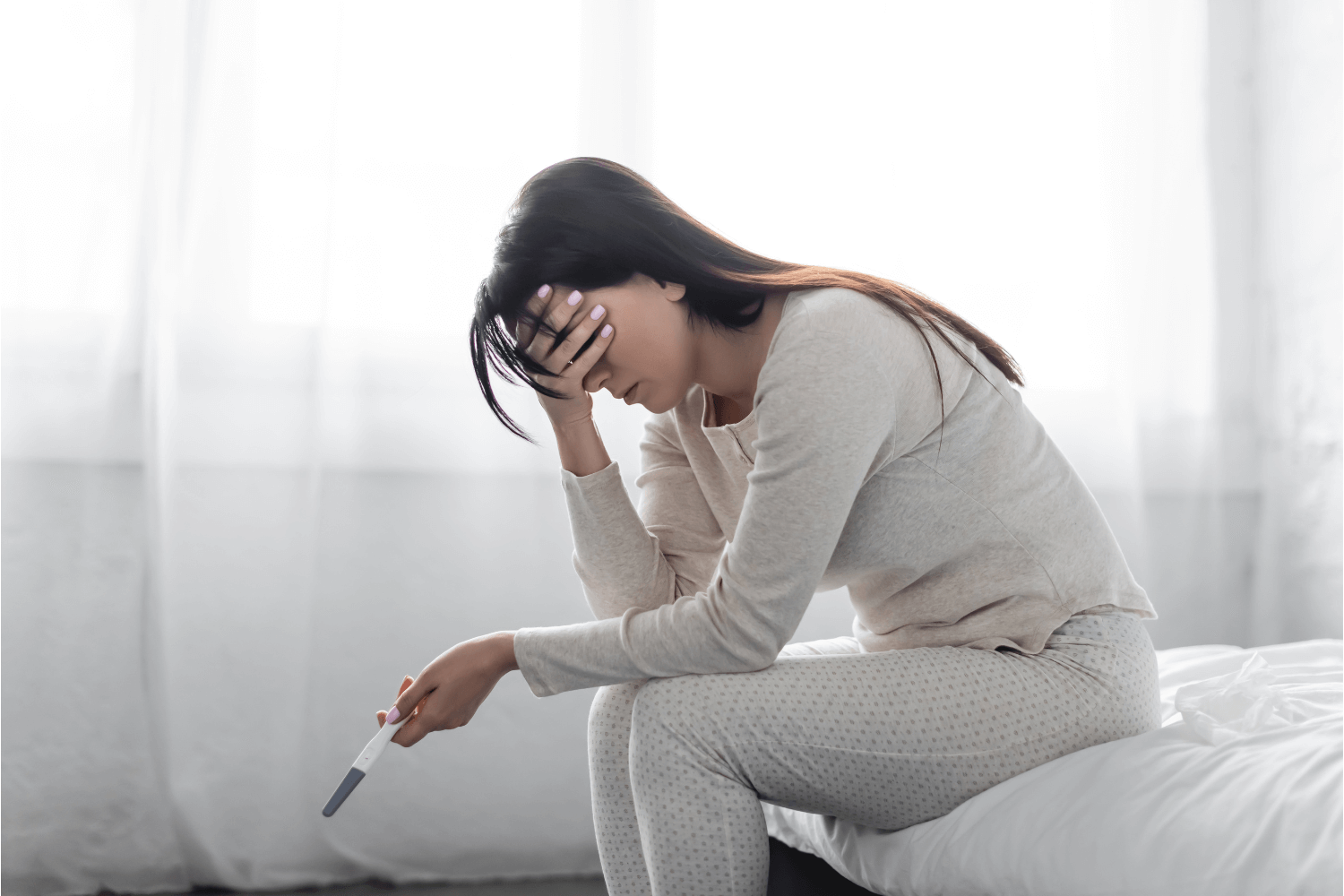An unplanned pregnancy can bring about a lot of emotions: fear, anxiety, guilt, shame, etc. Many women consider abortion for a variety of different reasons: They might feel unprepared to be a mother, they may feel unsupported by their partner, or feel like the timing isn’t right for them to have a child. Whatever the circumstances are that make a woman consider abortion, it’s important to understand the psychological impact that ending a pregnancy can have on a woman. There are a variety of emotions felt after abortion that can be scary or concerning. These truths can be hard to read but are important to understand so that you can make an informed decision.
The Decision Can Be Complex
The decision to have an abortion is often accompanied by a range of emotions, including fear, confusion, and pressure from various sources. Women may grapple with conflicting thoughts and feelings, torn between their desire for supposed autonomy and the recognition of the developing life within them. Recognizing the complexity of these emotions is crucial for providing women with the understanding and support they need during this difficult time. It’s absolutely okay to feel conflicted about a pregnancy, especially one that wasn’t planned.
Women Can Experience Grief After an Abortion
Many women experience a sense of grief and loss following an abortion. This grief may be related to the loss of the potential future for their unborn child, missed opportunities for motherhood, and the disruption of the natural process of pregnancy. There are a number of hormonal changes that your body goes through as well, which can take a toll on your emotions after an abortion. Feelings of irritability, sadness, and detachment are natural during this time.
Grief Can Turn Into Depression
Research suggests that some women may experience regret and emotional consequences following an abortion. Feelings of guilt, shame, and sadness can arise when women reflect on their decision and its implications. These emotions can be compounded if the decision was influenced by external pressures, such as societal expectations or lack of support. The hormonal changes, the grief associated with loss, and the psychological impact of the decision can contribute to these conditions. It’s important that women who have chosen to have an abortion receive post-abortive counseling so that they can work through these feelings.
Abortion Can Be Traumatic for Some Women
Depending on the circumstances surrounding an abortion and the method in which it is carried out, some women may develop post-traumatic stress disorder (PTSD) after ending a pregnancy. Flashbacks of the procedure, intrusive thoughts, nightmares, anxiety, and emotional numbness are common manifestations of PTSD. These symptoms can significantly impact a woman’s daily life and well-being.
Abortion Can Sometimes Lead to Infertility
Some women report struggling to conceive and carry a pregnancy to term after having had an abortion. Struggling with infertility can bring about feelings of depression and anxiety for women who are looking to conceive.
Some women may feel like they cannot talk about the psychological impact of their abortion due to societal pressure or fear of retaliation. If you or someone you know is struggling with these emotions after an abortion, it is important that you reach out for help. Most pregnancy help organizations offer some form of post-abortive counseling or are able to make a referral for you so that you can receive counseling elsewhere. Talking with someone about how you are feeling is the first step to truly healing from the emotions after an abortion.




